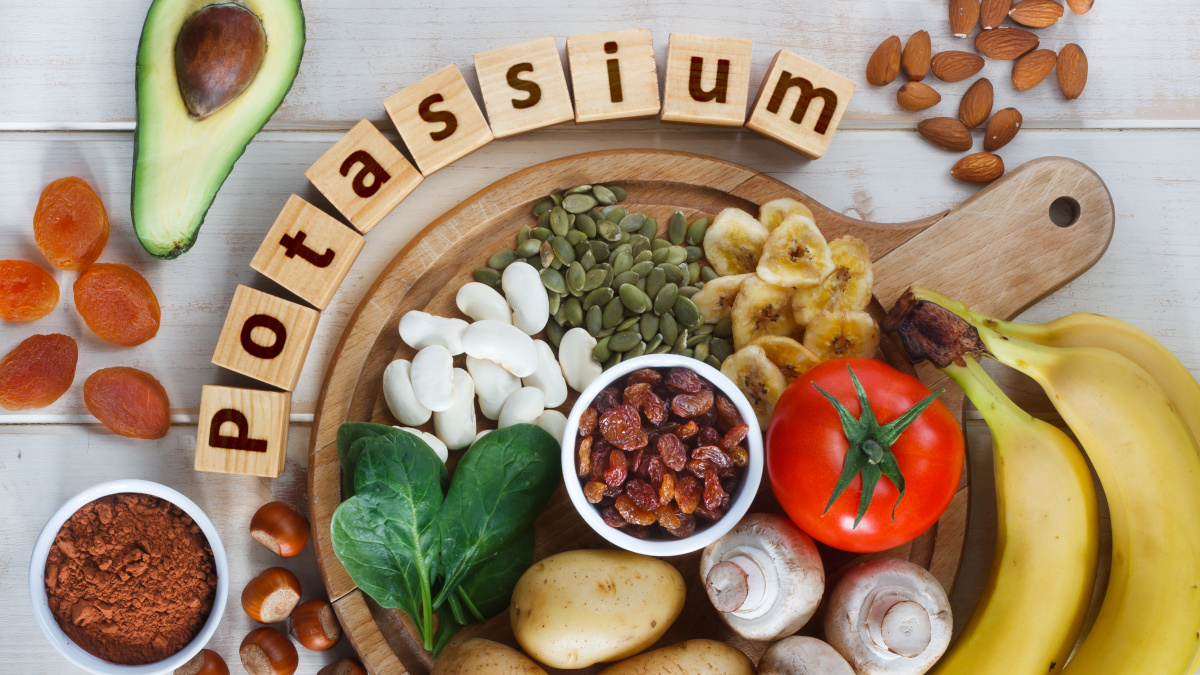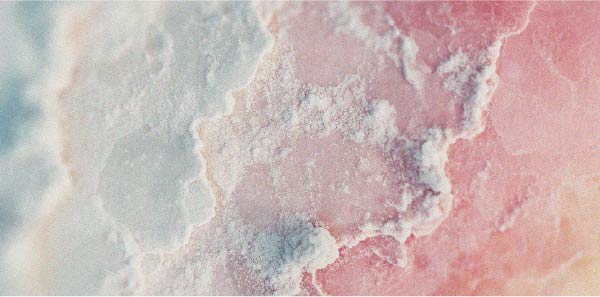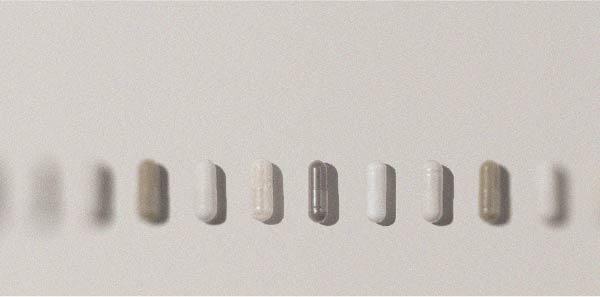A Lack of Potassium: How to Recognize and Prevent it
Potassium is an essential mineral, involved in nervous system and muscle function. Suffice to say that a lack of potassium can quickly become a real challenge. Here’s how to identify and correct such deficiency.

Potassium Deficiency: What are the Symptoms?
Potassium deficiency, or hypokalemia, manifests in several ways:
- Muscle soreness or weakness;
- Fatigue;
- Sluggishness and discomfort in the gut and abdomen.
It is important to note, however, that hypokalemia is often asymptomatic, though it can still pose a significant hazard to health: on the one hand, kidney challenges, and on the other, impairment of the heart muscle (1). To confirm whether you are deficient in potassium, be sure to seek advice from a health professional.
What are Potassium’s Effects on the Body?
Potassium participates in several of the body’s vital functions. It plays a role in:
- Normal nervous system function: able to pass through the neuronal membrane, the potassium ion (K+) is involved in regulating nerve impulses transmitted along neurons;
- Good muscle function: the strength of a muscle contraction relies on potassium, whether it is an involuntary contraction (intestinal, vascular, bronchial, cardiac muscles) or a voluntary one (skeletal muscles);
- Maintaining normal blood pressure: more specifically, it is thought to have a direct vasodilatory role which may improve blood flow and promote the elimination of sodium (a vasoconstrictor that can be damaging to cardiovascular health) (2).
Which Foods and Dietary Supplements Contain this Mineral?
To reduce the risk of any complications associated with potassium deficiency, it is important to ensure your daily diet provides an adequate intake of this key mineral.
Which foods contain potassium?
There are many foods that can help you meet your daily requirements for potassium:
- Green herbs: parsley, basil, etc.;
- Seaweed: but be careful of its high sodium content if you have hypertension;
- Spices: saffron, paprika, chilli, cumin, etc.;
- Coffee;
- Pulses: haricot or soya beans;
- Bananas, apricots, etc. (3).
Dietary supplements that contain potassium
Along with eating a varied, balanced diet, certain supplements can help you increase your potassium levels:
- Potassium orotate (as in the SuperSmart's Potassium Orotate), recognized as being the easiest form for the body to absorb;
- Potassium bicarbonate (as in SuperSmart's Potassium Bicarbonate), a classic form of potassium;
- Or a mineral complex, (such as SuperSmart's MultiMineral Complex), which as well as potassium, provides many other trace-elements.
References
- Fumeaux, I. K. Z. (2007). Hypokaliémie: diagnostic et prise en charge. Rev Med Suisse, 3(101), 574-6.
- Agostoni, C. V., Bresson, J. L., Fairweather Tait, S., Flynn, A., Golly, I., Korhonen, H., ... & Moseley, B. (2010). Scientific Opinion on the substantiation of health claims related to potassium and maintenance of normal muscular and neurological function (ID 320, 386) and maintenance of normal blood pressure (ID 321) pursuant to Article 13 (1) of Regulation (EC) No 1924/2006.
- Table Ciqual. ANSES. Consulté en septembre 2020.
Keywords
3 Days
repeat customer
recommended by my doctor. easy to create an account. Discounts and specials are appreciated. packaging and delivery is dependable. Capsules easy to digest. I've had some some capsules and tablets that are broken inside their bottles.
Kokee
7 Days
Order was shipped on time and packaged…Wonderful Jobs!
Order was shipped on time and packaged excellently.
DMHoge
14 Days
great products and prices
great products and prices
Marie
19 Days
Easy to navigate site
Easy to navigate site, had what I was searching for, good price. easy order-check out
James Tucker
25 Days
My skin is clearing up nicely!
Pretty good for my skin so far.
Christian
28 Days
The new packaging is excellent
The new packaging is excellent - finally! No more squashed boxes and torn envelopes.
GORAN
29 Days
Great Product
Great Product
Larry Garrett
33 Days
Quick shipping
Quick shipping; good price. No issues!
Mary McCarty
34 Days
Thr product is very good and is helping…
Thr product is very good and is helping me on my health. Then is always on time
LUGO Luz
37 Days
Buying was fine
Buying was fine. I had problems with the website not recognizing my login info, and had to call to get it fixed. Other than that, everything was good.
David S. Clark
37 Days
Your super maca and super ginseng are…phenomenal
Your super maca and super ginseng are phenomenal supplements that compliment each other when taking them together. Fantastic feeling of well-being and lots of mid day energy without the crash.
Keith Mason
40 Days
I have had amazing results with every…
I have had amazing results with every supplement I've purchased. I am extremely satisfied with this company
kirstin Torres
40 Days
Fine products
Fine products . They are on the leading edge of online supplements. The only issue -so far-is they sometime run out of subscription items.
Jason Argos
43 Days
The ordering process is very user…
The ordering process is very user friendly and the products always come in a timely manner.
CARTER Rhonda
44 Days
The price for Dr
The price for Dr. Pero's AC-11 is reasonable and in line with his views. (my former colleague). Keep it pure.
CAMPBELL Clayton




